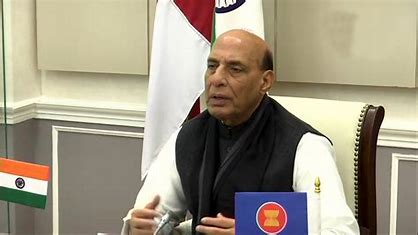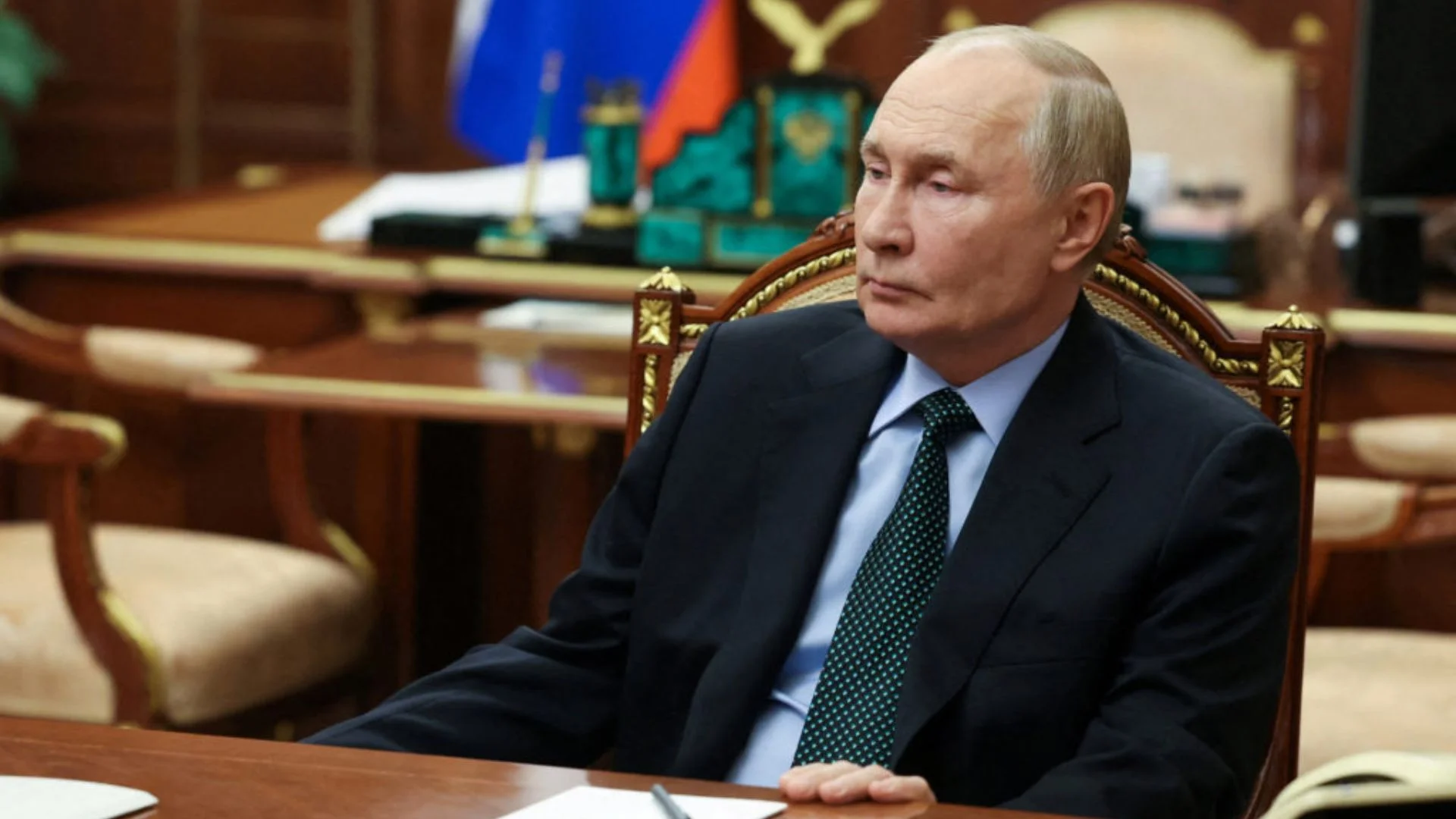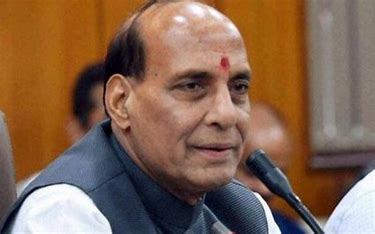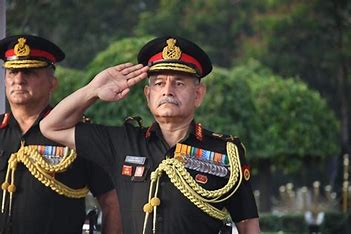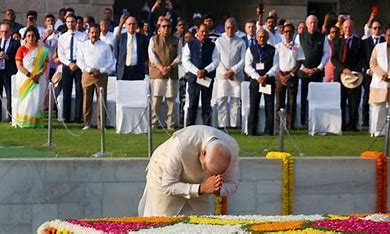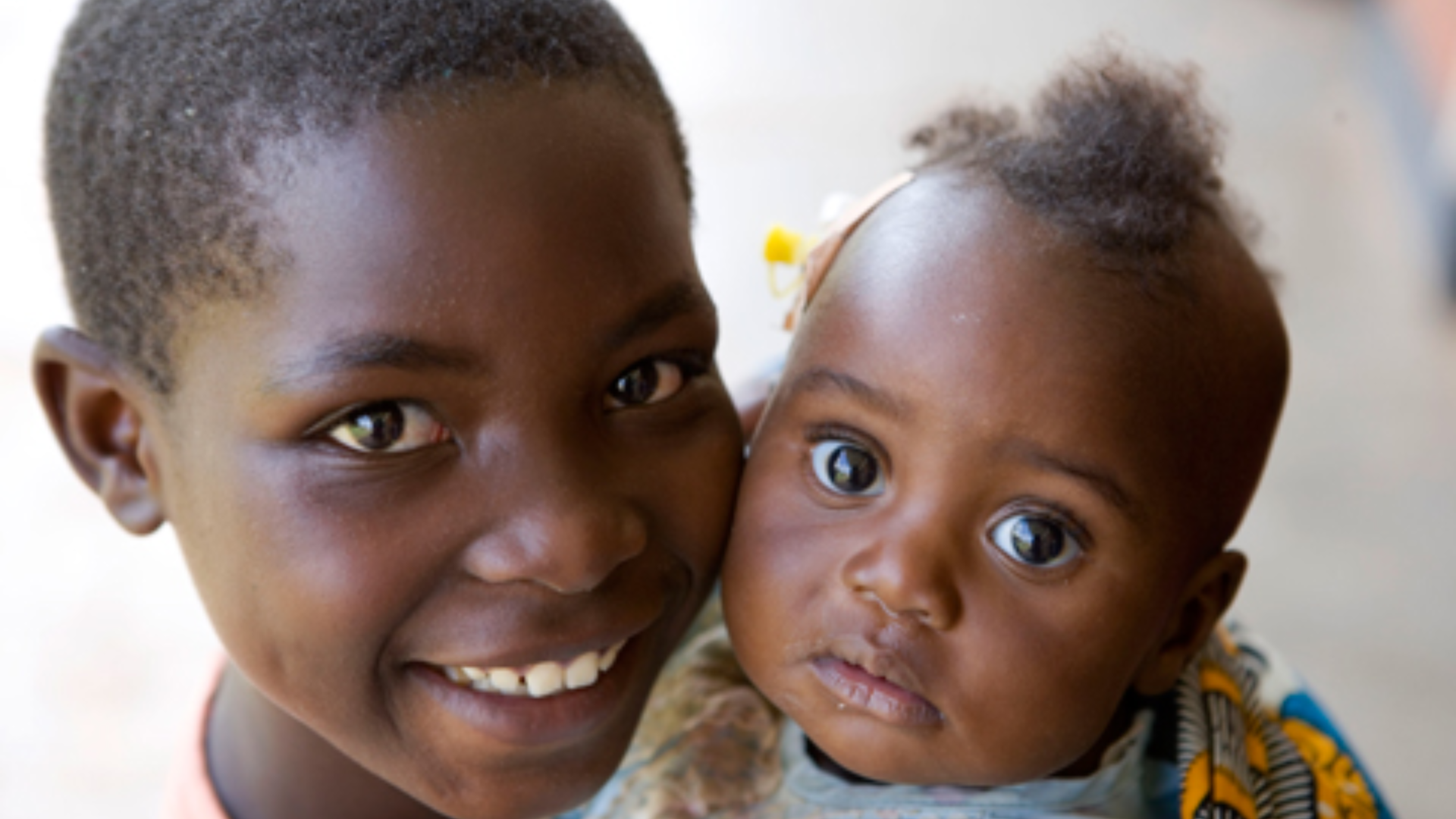
WHO’s South-East Asia Regional Director, Saima Wazed, emphasized the urgent need to tackle the persistent disparities in accessing malaria prevention, detection, and treatment services on the eve of World Malaria Day. She highlighted that global efforts to combat malaria have stalled in recent years, posing a grave threat to public health and exacerbating inequalities within communities.
Wazed stressed the vulnerability of infants, young children, and pregnant women to malaria due to various socio-economic factors. She also pointed out the heightened risk faced by displaced populations, particularly refugees and migrants, who are often excluded from disease control efforts and face adverse conditions that facilitate malaria transmission, especially in the context of climate change and humanitarian crises.
Despite these challenges, Wazed acknowledged significant progress in reducing malaria cases in the region, citing achievements in countries like Bhutan, Nepal, and Timor-Leste under the E-2025 initiative. She praised Timor-Leste’s three consecutive years of malaria-free status as a notable milestone, highlighting the importance of political commitment and collective action in malaria elimination efforts.
Wazed underscored the ongoing journey towards malaria elimination, emphasizing the need for tailored strategies for effective control and treatment, particularly in areas with a prevalence of Plasmodium vivax. She called for renewed attention to health equity, gender equality, and human rights in malaria responses, stressing the importance of ensuring access to life-saving malaria services for all individuals regardless of their socio-economic status or location.
